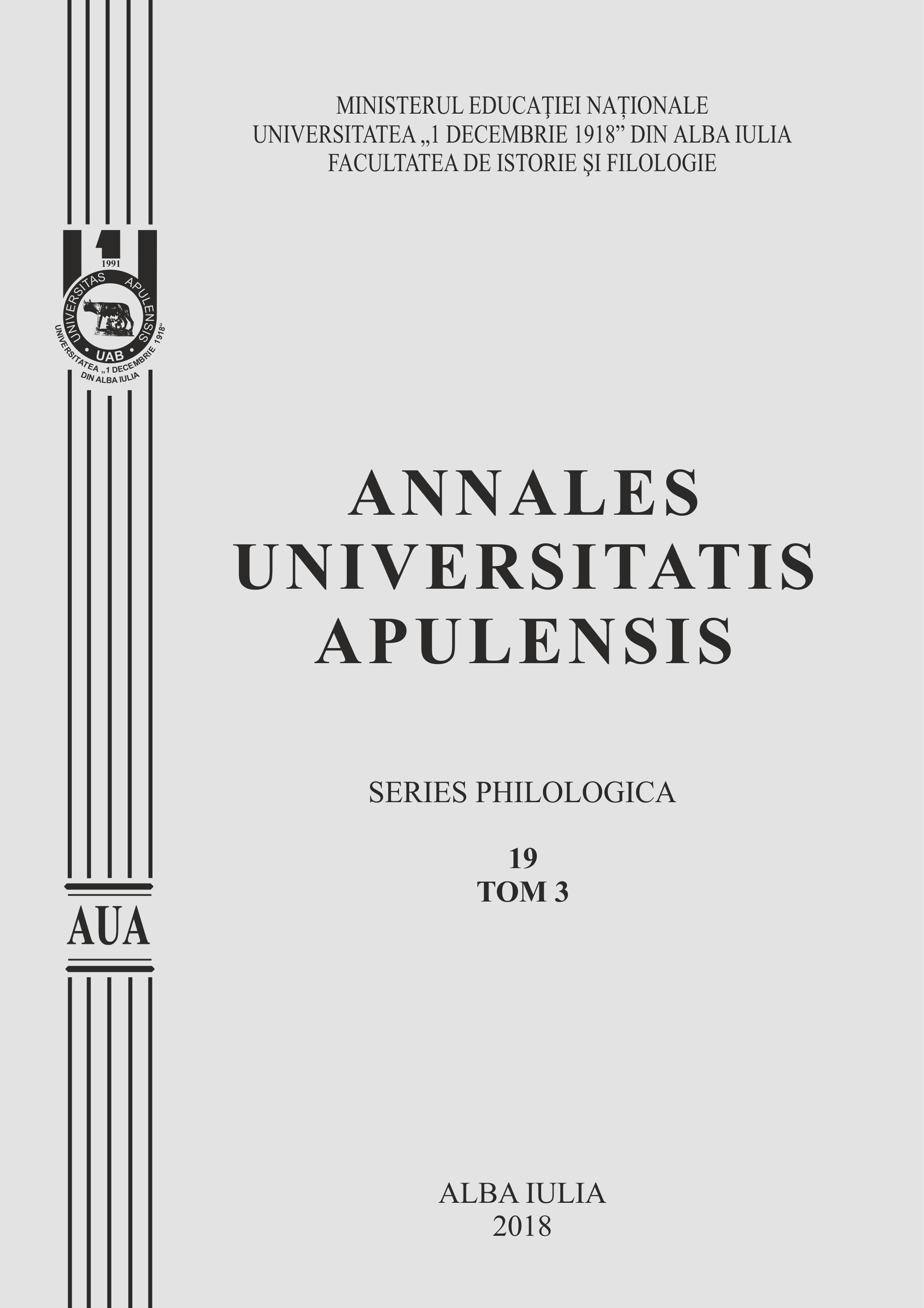ANALIZĂ COMPARATIVĂ PRIVIND VALORIFICAREA METODELOR DIDACTICE TRADIȚIONALE ȘI ACTIV-PARTICIPATIVE ÎN EDUCAREA LIMBAJULUI LA PREȘCOLARI
A COMPARATIVE ANALYSIS REGARDING THE VALUATION OF TRADITIONAL TEACHING METHODS AND OF ACTIVE – PARTICIPATIVE ONES IN DEVELOPING PRESCHOOLERS` LANGUAGE SKILLS
Author(s): Ramona Ştefana PetrovanSubject(s): Education, Preschool education
Published by: Universitatea »1 Decembrie 1918« Alba Iulia
Keywords: traditional teaching methods; active participative teaching methods; developing language skills; pre-school education; curriculum for early education;
Summary/Abstract: "The pedagogical quality of the teaching method requires transforming it from a knowledge-based method proposed by the teacher into a learning method effectively achieved by the pre-schooler, pupil, student, within formal and non-formal training which opens towards permanent education.”(Sorin Cristea,1998,)In pre-school as well as in other school levels, the learning methods represent part of the activity established between teaching staff and pupils. The working methods should not have a fixed value, they should acquire value by means of the efficiency with which they lead the subject`s activity towards an objective within given situations.The main methods which can be applied at pre-school level include: observation, description, explanation, conversation, reading books, demonstration, story telling, guided experience, practical work, exercise. The objectives of the reform education system are change in mentality and training teachers, the use of modern working methods leads to a radical change in approaching teaching activity. Modern methods promote the interaction between participants` minds leading to a more active learning with obvious outcomes. Among participative methods mention should be made of : problem-solving, mutual teaching/learning method, work in pairs, the double bubble map, the snowball throwing teaching technique, etc. Successfully applying a combination of classical methods and modern procedures will lead to drawing the preschooler close to the school, transforming school into a continuation of the kindergarten. Activities pertaining to educating language and developing language skills must contribute to developing children`s ability to acquire basic vocabulary, by offering them games and activities, an environment in which they feel protected and which helps them develop in harmony and learn attractive things.
Journal: Annales Universitatis Apulensis. Series Philologica
- Issue Year: 19/2018
- Issue No: 3
- Page Range: 255-270
- Page Count: 15
- Language: Romanian

